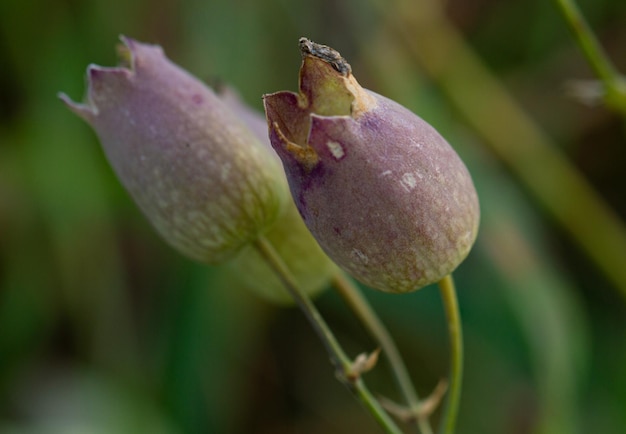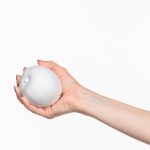
Plantain is a versatile herb that many people mistake for a weed. Originally from Europe and parts of Asia, it was brought to North America by early European settlers. Known scientifically as Plantago Major, plantain can often be found growing in local yards. Its leaves are edible and taste a bit like spinach, although they have a slightly bitter flavor. You can add them to salads and other dishes. I usually dry and freeze the leaves from my yard, and sometimes I order them in bulk from suppliers.
Plantain leaves can be transformed into tea or tinctures, which are said to help with issues like indigestion, heartburn, and ulcers when consumed. When applied externally, plantain is useful for treating insect bites, snake bites, rashes, and cuts. I incorporate it into my homemade healing salve, which we use as a natural antibiotic ointment for cuts and bruises.
Thanks to its antibacterial and anti-inflammatory properties, plantain is excellent for speeding up wound healing and easing pain and itching related to skin problems. A leaf-based tea can be sprayed on mosquito bites to relieve itching.
In some Native American cultures, plantain has been used as a general remedy thanks to its antibacterial, antimicrobial, anti-inflammatory, and antitoxic properties. Shredded or chewed leaves are traditionally used to treat insect and animal bites, helping to prevent infection and soothe pain, burning, and itching. There’s ongoing research into how plantain might help lower blood sugar levels.
Whenever someone in my family gets bitten by mosquitoes or stung by insects, I use a salve containing plantain leaf, or just chew the leaves and apply them directly to the bite to reduce the reaction. When my son was bitten by a brown recluse spider, we used this salve and applied a poultice daily for about two weeks, and thankfully, his skin did not deteriorate at the bite site.
Tea, tincture, or salve made with plantain is also great for easing the itch from poison ivy, oak, or sumac, so I always keep some on hand. Additionally, plantain leaf tea or infusion can be poured into the ear to relieve pain and shorten ear infection duration, provided the eardrum is intact.
Unverified claims suggest that a strong plantain tea might help protect the body during chemotherapy and improve blood sugar levels. However, it’s advisable to consult a doctor before using plantain in such situations. I also make a lotion mixing plantain, calendula, and coconut oil, which is very effective for skin irritations, including mosquito bites, eczema, psoriasis, chicken pox, rashes, and sores.
Most people can find this common herb in their yard, but if your yard is treated with chemicals or fertilizer, you can order organic dried leaves online. There are ready-made remedies available too, like plantain leaf first-aid ointments for kids, tinctures, and salves (a natural Neosporin alternative). If you can’t find plantain locally, you can order seeds to plant this herb, though your neighbors might find it odd!
Plantain is beneficial for treating injuries because it helps blood to clot. However, those with blood disorders or prone to clots should avoid taking it internally. If you harvest it yourself, ensure it’s from an area free of chemicals or pesticides and properly identify the plant before using it. Have you ever used plantain or another herb growing in your backyard? I’d love to hear your experiences!

